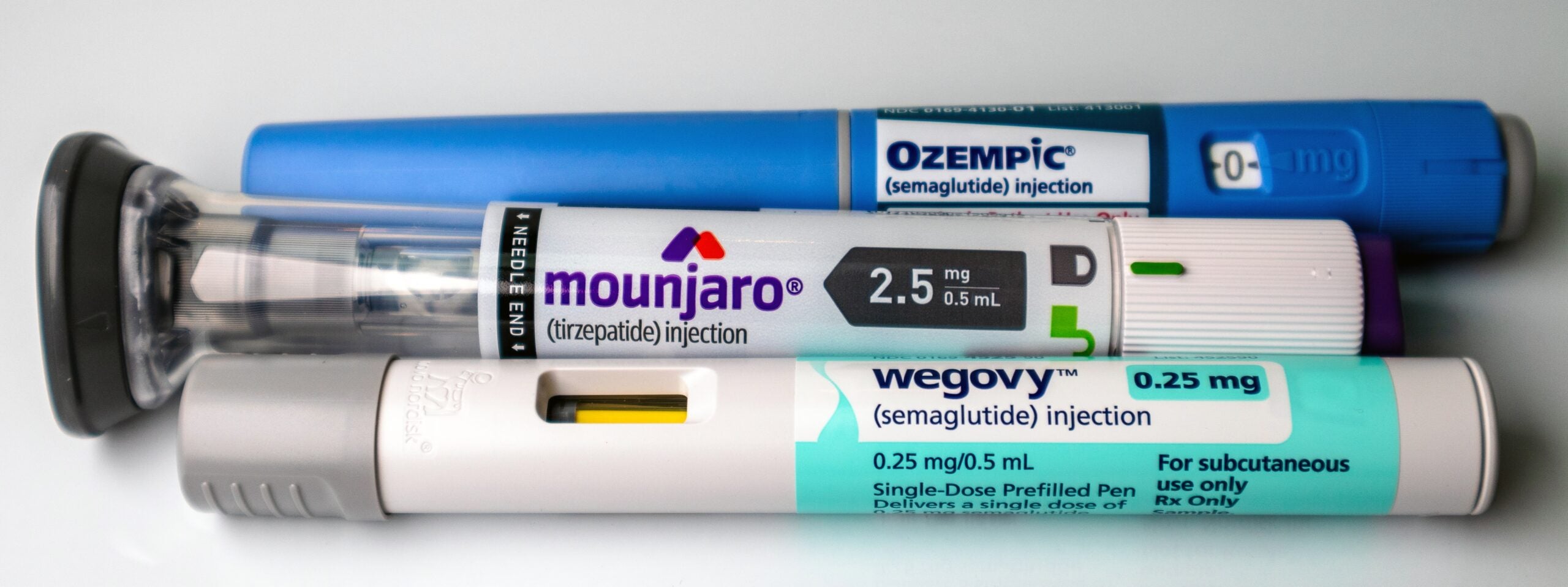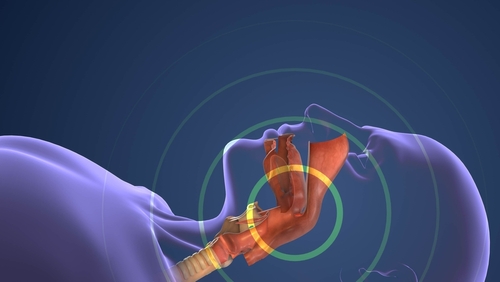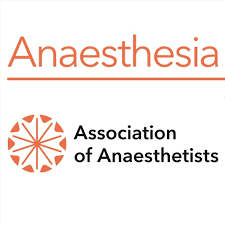Editor's Note Obesity is a key driver of earlier total hip arthroplasty (THA) and elevated perioperative risk, according to findings published October 29 in Surgeries. While THA is a well-known intervention for older adults with end-stage hip osteoarthritis, the researchers reported a link between an increase in obesity and the…

Editor's Note Bariatric surgery delivers greater weight loss and lower long-term costs than GLP-1 medications, Ambulatory Surgery Center News September 18 reports. A new JAMA Surgery study of more than 30,000 patients found that surgical patients lost nearly three times as much weight as those on medication while generating meaningful…

Editor's Note Older adults with a body mass index (BMI) in the overweight range had significantly lower odds of death after major elective surgery compared with those in the normal BMI category, an August 26 study published by JAMA Network reports. The cohort study followed 414 adults aged 65 years…

With the explosion of GLP-1–based therapies for type 2 diabetes and weight loss, perioperative nursing teams, especially in the preoperative and postanesthesia care areas, need to be fluent in recognizing these medications. Some patients may arrive on these agents—or even novel oral GLP-1s—and the physiologic effects, especially delayed gastric emptying,…

Editor's Note Patients with BMI 40 or higher had similar 24-hour and 1–90 day complication rates to lower-BMI patients after primary total joint arthroplasty (TJA) performed at an academic ambulatory surgery center (ASC), an August 25 article from The Journal of Arthroplasty reports. The study retrospectively analyzed 2,367 primary THA…
Editor's Note A recent article in AORN Journal underscores the need for vigilance and thorough documentation to manage postoperative mental status changes and prevent harm to both patients and staff. As detailed in the article, cognitive disturbances such as delirium and agitation can complicate recovery after surgery. Delirium is characterized…

Editor's Note Glucagon-like peptide-1 (GLP-1) receptor agonists may offer orthopedic patients with obesity and type 2 diabetes a powerful tool for preoperative weight loss and potential disease modification, according to a July 10 review article in The Journal of Bone and Joint Surgery. However, the agents carry perioperative risks that…

An estimated 22 million Americans were believed to have obstructive sleep apnea (OSA) in 2019, according to data cited in a February 2019 article published by OR Manager. At that time, up to 80% of cases were undiagnosed, and 30% to 40% of the surgical patient population was believed to…

Editor's Note Bariatric surgery produced five times greater weight loss than GLP-1 medications in a new study of over 51,000 patients with obesity, according to a June 18 article from Fox News. The retrospective study, funded by the NIH and conducted by researchers at NYU Langone Health and NYC Health…

Editor's Note A multidisciplinary expert panel has released the first evidence-based airway management guidelines specific to patients living with obesity. Published June 5 in Anaesthesia, the 43-point framework—developed by the Society of Obesity and Bariatric Anaesthesia (SOBA)—offers perioperative strategies aimed at improving the safety and consistency of care in a…